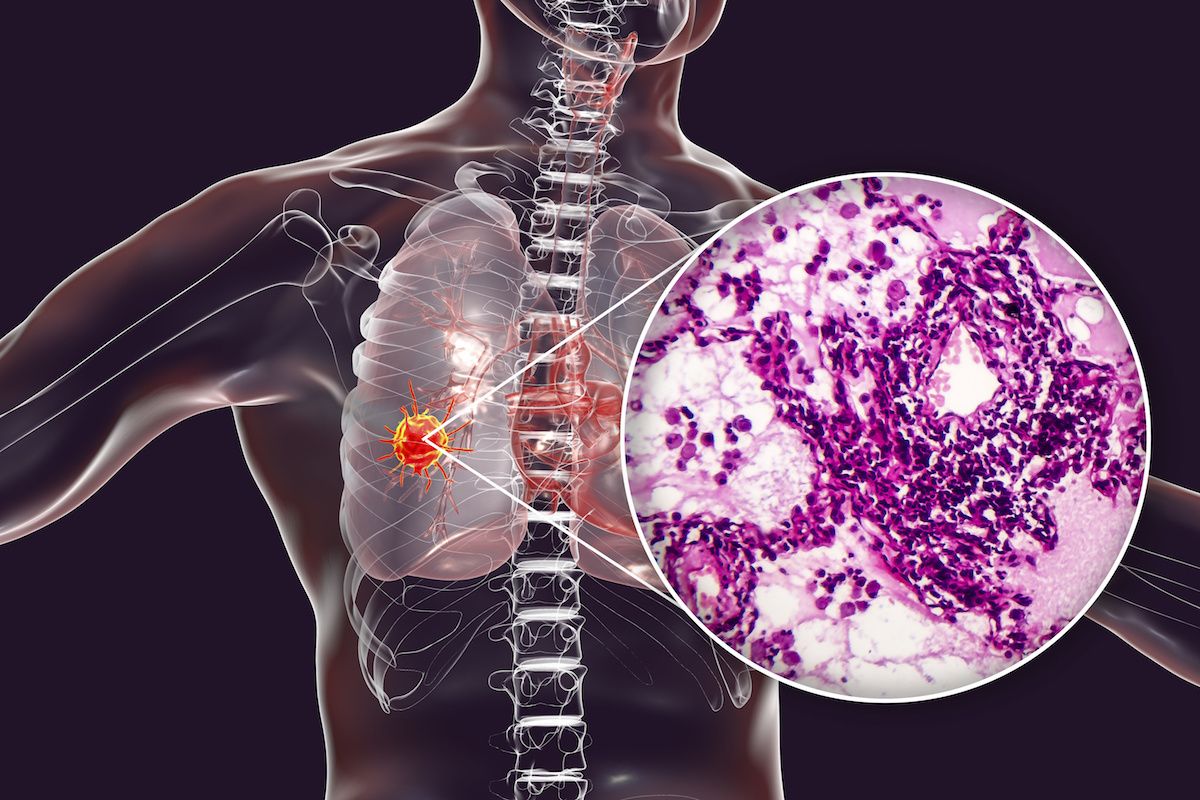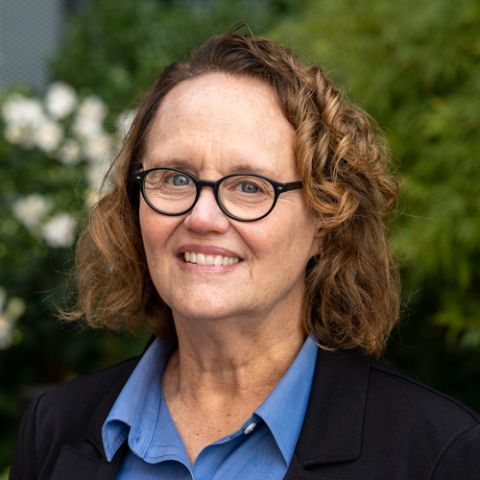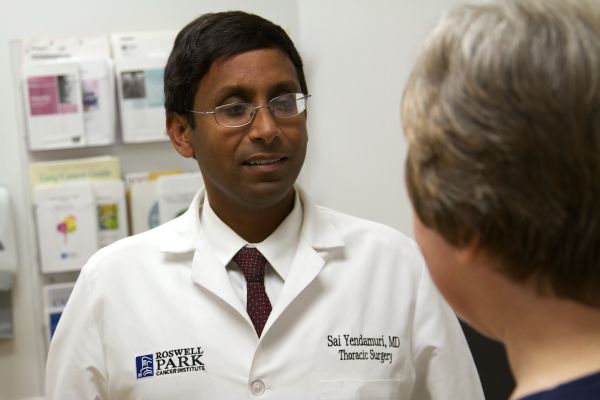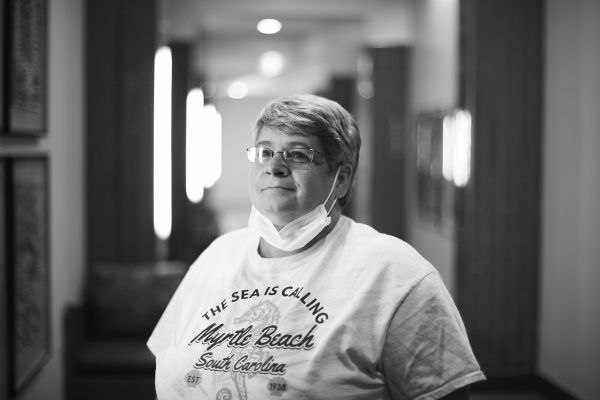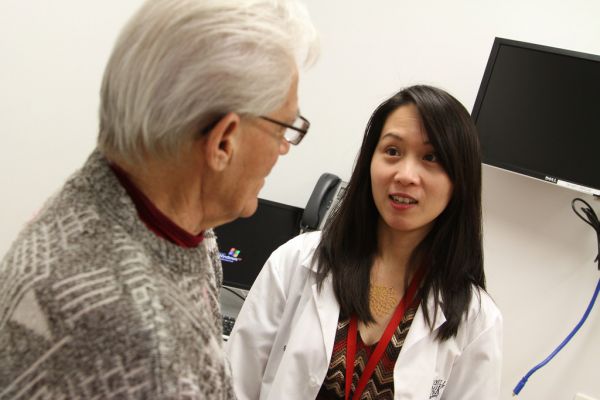In the past, treatment for lung cancer was limited and a diagnosis was grim news.
Things have changed, says Mary Reid, PhD, MSPH, Chief of Cancer Screening, Survivorship and Mentorship at Roswell Park Comprehensive Cancer Center. “It’s never too late to get checked out when it comes to lung cancer screening. Today we have more options than ever and treatment for even late-stage lung cancers can be effective.”
The risk of developing lung cancer is higher among people of color: “African American men are at a 30% higher risk of developing lung cancer and having it be deadly, compared to their white counterparts, even with the same amount of smoking,” Dr. Reid says. “We’re not sure why it happens, but if you are a smoker, over the age of 50, and have smoked actively in the last 15 years, get yourself screened.”
We see the same trend here in Western New York. Blacks have the highest lung cancer rates (85.5 per 100,000 people develop lung cancer) and the highest mortality from it (58.7 among every 100,000) compared to all other racial groups. But area whites and Hispanics aren’t far behind in these categories: The incidence rate for white residents is 74.3 per 100,000 and for Hispanic residents, 49.6 per 100,000. The number of deaths for white residents is 50 per 100,000 and for Hispanic residents, it is 26.4 per 100,000.
Getting more people screened
Roswell Park has been screening people for lung cancer since 1998 and has been offering bilingual outreach and education programs in the Buffalo and Western New York area for more than a year. Like other kinds of cancer, regular early detection efforts can help find cancer in its early stages. To help find more early cases, guidelines for lung cancer screening have recently changed to make it available to more people.
“The U.S. Preventive Services Task Force recommended a lower age of eligibility because they wanted to make it more accessible to more minorities and women,” Dr. Reid says. The previous guidance had been for screening to start for people aged 55 and above who had smoked roughly a pack a day for 30 years, or half a pack a day for longer. “Now it’s age 50 with 20 pack-years and you have to had smoked in the last 15 years. They wanted the guidelines to be more inclusive and it resulted in a doubling of people who are eligible for screening. In New York State, we were only screening about 5% of eligible people.”
Anyone who is younger than 50 but has symptoms that might indicate lung cancer — increased shortness of breath, a nagging cough, coughing up blood — who goes to their doctor, or an urgent care setting, should receive a referral for a low-dose CT scan to look at their lungs.
No stigma for smokers
For people who have smoked, there might be concern about a stigma, a sense that their cancer is somehow their fault. Dr. Reid wants people to know there’s no judgment, that no one deserves to get cancer. “You didn’t do this to yourself. You had a bad habit — we all have bad habits. No one deserves this,” she says.
But nonsmokers are at risk of developing lung cancer as well, in part from environmental exposure to air pollution and the natural gas radon that is commonly found in communities across Western New York.
“Radon is the second-leading cause of lung cancer. People should call their county offices and see about radon testing devices to check the levels in their home,” Dr. Reid says. “You’re also at an increased risk if you have an inflammatory disease like COPD or chronic bronchitis.”
E-cigarettes are a growing concern and are attractive to younger smokers, but the bottom line is that “anything you inhale will irritate your lungs,” she says.
Are You at Risk?
If you know you’re due for a cancer screening, schedule it today! Complete our online risk assessment form to determine if you're eligible.
Learn MoreEducation and outreach aim to increase early diagnoses
Roswell Park is working to expand educational outreach into the community and received a $25,000 grant in 2020 to implement initiatives to help prevent cancer in underserved populations.
“We’re looking to expand our efforts and make more people aware that lung cancer screenings are available, and you might be eligible for it, in addition to explaining ways to lower your cancer risk,” says Nikia Clark, a Health Education Specialist. “We want to keep lung cancer in the forefront of people’s minds, like breast cancer and prostate cancer, because it kills more people than breast, prostate, cervical and colorectal cancer combined. It’s huge for both men and women. It’s one of those cancers that can really go undetected for a long time and when people are having really bad breathing issues and in a lot of pain, that’s when treatment options get limited.”
The goal is simple: “We want to go from 70% of lung cancers being diagnosed when surgery is not an option to 70% diagnosed when most can be,” Dr. Reid adds. “That’s the most pure part of this message, that if you pick lung cancer up early, you can be cured. That equates to living longer. You owe it to your family, you owe it to your kids and you owe it to yourself to be proactive about it.”
More information on lung cancer screening can be obtained by calling 1-800-ROSWELL (1-800-767-9355) or ASKRoswell@RoswellPark.org
